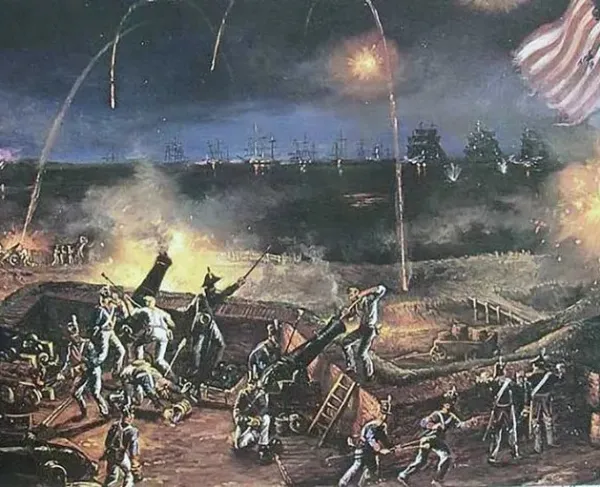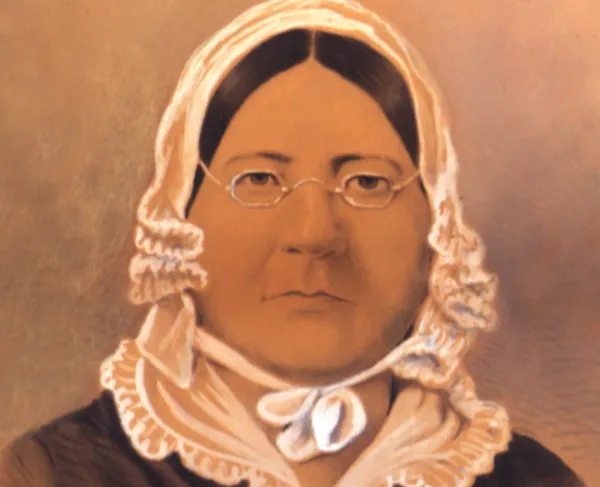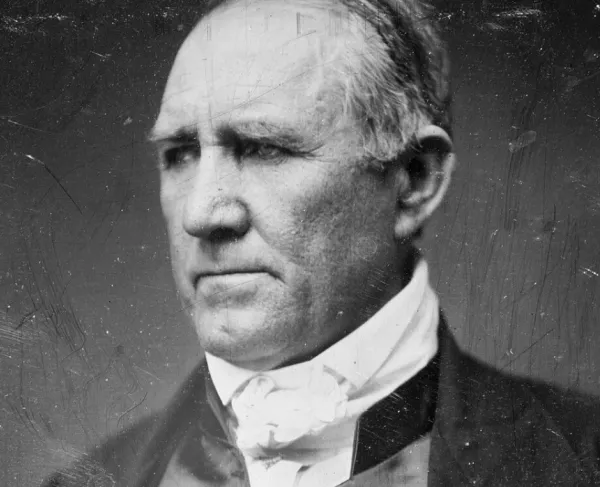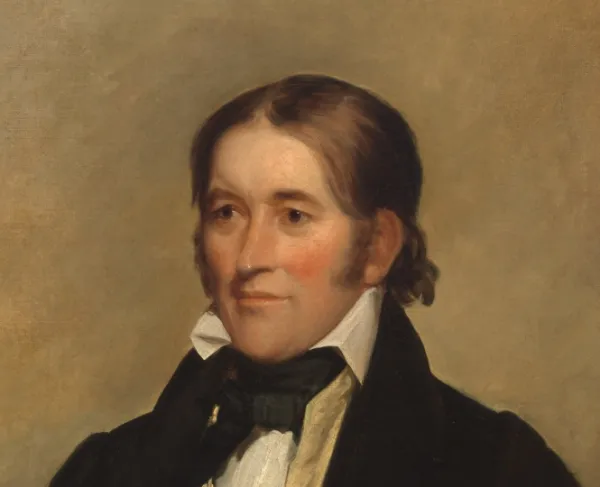Frederick Evans

Not much is known about Frederick Evans’ life before the War of 1812. He was born on March 30, 1766, to George and Elizabeth Evans of Trappe, Pennsylvania, northwest of Harrisburg. His father was a surveyor, and Frederick Evans took up that trade as an adult. In 1792 he briefly served as the colonel of the 4th Pennsylvania Regiment of the Northumberland County militia. Sometime before the year 1800, he settled in Union County, Pennsylvania, and conducted local surveys. Evans became involved in politics as a delegate to the Democratic-Republican Convention in 1808 and as a representative of Northumberland County in the State Legislature from 1810-1811.
When the War of 1812 began Evans was commissioned a Captain in the Second United States Artillery. He oversaw and advised on improvements of Fort McHenry, guarding the harbor of Baltimore, Maryland. He continued to serve in the garrison of the fort throughout the war, commanding the company of artillerists responsible for serving the fort’s guns. It was in this capacity that Evans saw his most important service.
In August 1814, a British force landed south of Baltimore and marched on Washington. After defeating an American army at Bladensburg on August 24, the British troops captured D.C. and burned many of the critical buildings there. The loss shocked the nation, but it was only the beginning of Admiral George Cockburn’s plan to neutralize the Chesapeake Bay region. The British forces quickly set their eyes upon the capture of Baltimore and planned to subject the city to a fate similar to the national capital: a land force would march behind the city’s defenses while a naval squadron would force its way through to the harbor.
Baltimore, as a critical commercial hub, was essential to the Americans and had to be defended. Fortunately, it was much more prepared for attack than Washington. Thousands of militiamen and regulars manned its defenses, and Fort McHenry on the Patapsco River was much more formidable than Fort Washington on the Potomac. After dropping off the British landing forces, a force of 19 warships sailed toward Fort McHenry. Finding the way blocked, the British ships began shelling Fort McHenry at 6:00am, September 13, 1814. What followed was a severe, 25-hour bombardment. Shot and shell, along with a new weapon, rockets, pierced the air and shrieked overhead.
Evans and his gunners bravely stood to their positions, returning what little fire they could before being overwhelmed by the sheer volume of the British artillery. Evans later told neighbors back home a few anecdotes of the fighting. While no account of his exact words survives, his neighbors later described the spirit of the stories. According to them, he described the British fire as “terrific,” noting that three British shells detonated inside the fort, causing casualties. He described how he saw one of the gunners inside shaking “as if he had a chill.” The man asked to sit under one of the guns inside the bombproof, which Evans allowed him to do. Seconds later another British shell exploded next to the gun, destroying it and killing the man. At another point during the bombardment, as Evans was leading the gunners in counter-battery fire, a shell detonated nearby, a piece of shrapnel killing a man standing only three feet away. He also recounted that a woman was running along the lines bringing water to the men, only to be killed when another British shell exploded next to her, causing her to be “torn to atoms.” Evans ran to her aid but could only retrieve a scrap of her dress which he later presented to her family. The culmination of it all was when a fourth shell screamed in and landed at Evans’ feet but failed to detonate. Evans, curious, retrieved the shell, and found it inscribed with the phrase, “a present from the King of England.” Evans brought it home as a souvenir.
Equally as mysterious as his origins is what Evans did after the war. He is known to have returned home to Pennsylvania where he presumably took back up his surveying business. Besides this and his recounting to friends, family and neighbors his memories of the Siege of Fort McHenry, not much else is known about the life he lived for the next thirty years. He resided with his daughter, Catherine, and her husband, George Kremer, near Middleburg, Pennsylvania. Evans died on December 4, 1844, aged 79. He was buried at Union Cemetery in Middleburg, PA.





